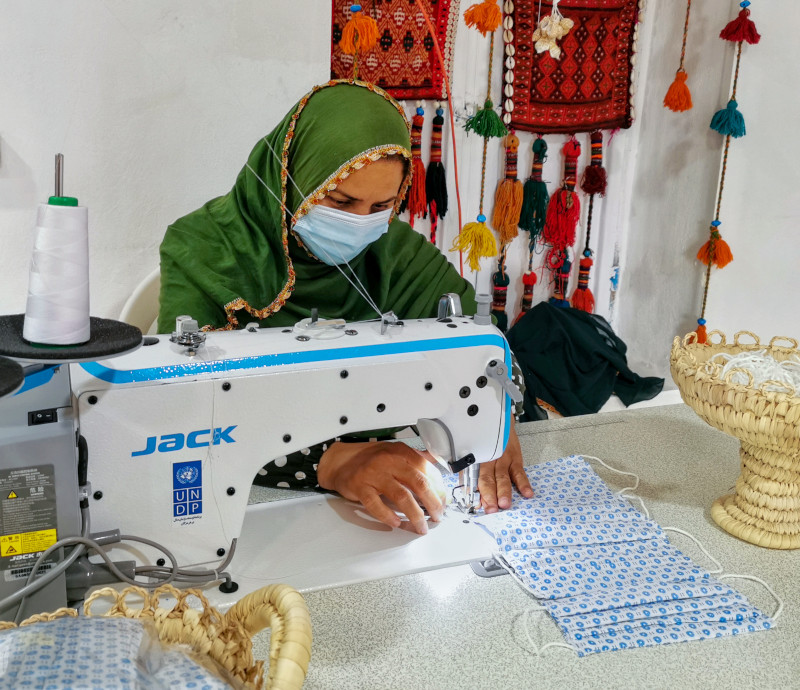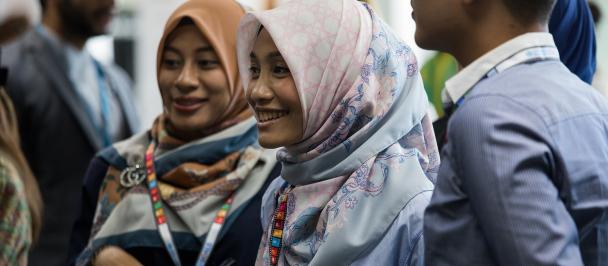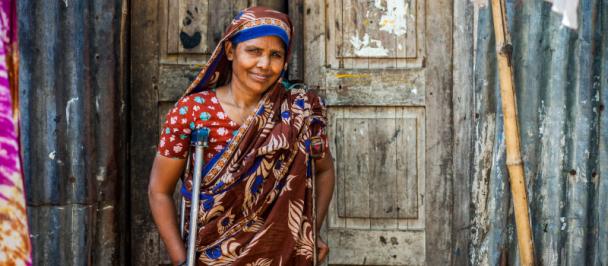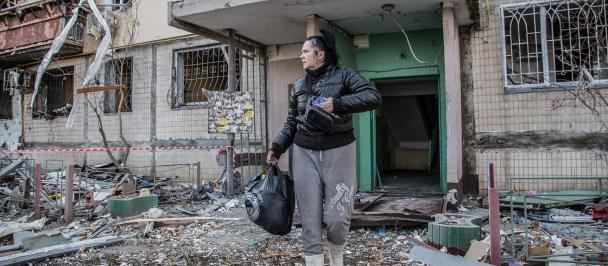Revitalizing global development: The urgent call for quality funding
July 3, 2023

The ongoing, devastating impacts of the COVID-19 pandemic and the war in Ukraine are disproportionately affecting the most vulnerable countries and communities.
At a time when the world is grappling with geopolitical tensions, inflationary pressures, and unsustainable levels of debt, it is crucial to advocate for a renewed commitment to quality funding for development.
The ongoing, devastating impacts of the COVID-19 pandemic and the war in Ukraine are disproportionately affecting the most vulnerable countries and communities. In this challenging context, decision-makers must come together to devise a well-calibrated and collective response ensuring that those in need are not left further behind.
Prospects for global economic recovery have been hindered by geopolitical conflicts and spill over effects, resulting in downgraded economic forecasts for 2023 and beyond. This necessitates targeted support for countries and communities facing compounding crises. A recent report by UNDP revealed that more than 40 percent of the world's poorest people reside in 52 low and middle-income developing economies that are either in debt distress or at elevated risk. By restructuring existing debts and expanding access to affordable finance, the international community can free up billions of dollars to protect these vulnerable populations from economic hardship and advance the Sustainable Development Goals (SDGs).
However, affordable financing for development is in short supply. Aid budgets have become more volatile and stretched, compromising and preventing investments in long-term development and climate transition. The reallocation and closure of development programmes have opened development cooperation actors to criticism and also undermined trust.
Furthermore, the growing rivalry among global powers threatens to impact development funding, as countries prioritize their own strategic interests over collective action and the specific needs of developing nations and our global common goods. Moreover, in response to the heightened security risks, some countries have decided to increase military spending, impacting aid policy and development funding.
The allocation and channelling of Official Development Assistance (ODA) also influence the quality and effectiveness of development cooperation. The bilateralization of ODA, with donor countries increasingly favouring bilateral aid over multilateral channels, has significant implications. While bilateral aid has tripled in volume since 2000, multilateral aid has only doubled during the same period. This trend must be reversed if we believe in effective solutions to global challenges.
The funding dynamics of the United Nations Development System (UNDS) highlight the mismatch between the quantity and quality of funding. While the overall funding to the UNDS has increased in the last decade, the share of core contributions has declined. According to the Report of the Secretary-General, core contributions (unrestricted and flexible funding) to the UNDS amounted to US$7.4 billion, or just over 17 percent of total funding in 2020, and the remaining 83 percent of funding comprised earmarked non-core resources. This discrepancy puts the system at risk of fragmentation, competition, and overlapping among entities, undermining its ability to deliver coherent and impactful development results.
Additionally, the heavy reliance on a limited number of core donors introduces funding uncertainty and vulnerability to the UNDS. The top three contributors accounted for over half (52 percent) of all funding received directly from governments by the UNDS, creating a potential imbalance in resource allocation and decision-making. To ensure sustainable development services at scale, it is imperative to diversify funding sources and engage non-state actors, including the private sector, as constructive partners in shaping the multilateral response to global crises.
To address these challenges and advance the SDGs, several key actions must be taken.
Firstly, investment in and through multilateral institutions must be protected. Multilateralism plays a vital role in addressing global challenges, such as climate change, global pandemics, or conflict, and requires collective action. It builds on universal and shared values. The multilateral system must be adequately funded to ensure its effectiveness in resolving complex development challenges and pursuing global public goods. For these reasons, the international community must rally together to defend the multilateral system and rebuild trust by demonstrating its tangible results.
Secondly, there is a need to scale up and align global finance with development and climate goals. The financing gap for achieving the SDGs is substantial, and the war in Ukraine and the pandemic have only widened this gap. It is crucial to link debt restructuring efforts with climate and development goals, ensuring that countries' development objectives are not side-lined. Additionally, there should be a concerted effort to increase affordable, long-term financing for development, particularly in areas such as infrastructure, education, social protection, and sustainable structural transformation.
Lastly, we must refocus ODA on poverty reduction, prevention, and long-term development. Aid budgets should prioritize the core mission of eradicating extreme poverty and supporting the most vulnerable countries. While addressing immediate crises is vital, sustained investment in long-term development is equally critical for building resilient societies.
In conclusion, a renewed commitment to quality funding for development is essential in the face of global challenges. By strengthening multilateral cooperation, aligning finance with development and climate goals, and refocusing ODA on poverty reduction, we can make significant progress toward a more equitable and sustainable world. It is crucial that decision-makers come together to devise a collective response that ensures no one is left behind and that the SDGs are achieved. For this to happen, we must adopt a long-term perspective that focuses on sustainable solutions.

 Locations
Locations





